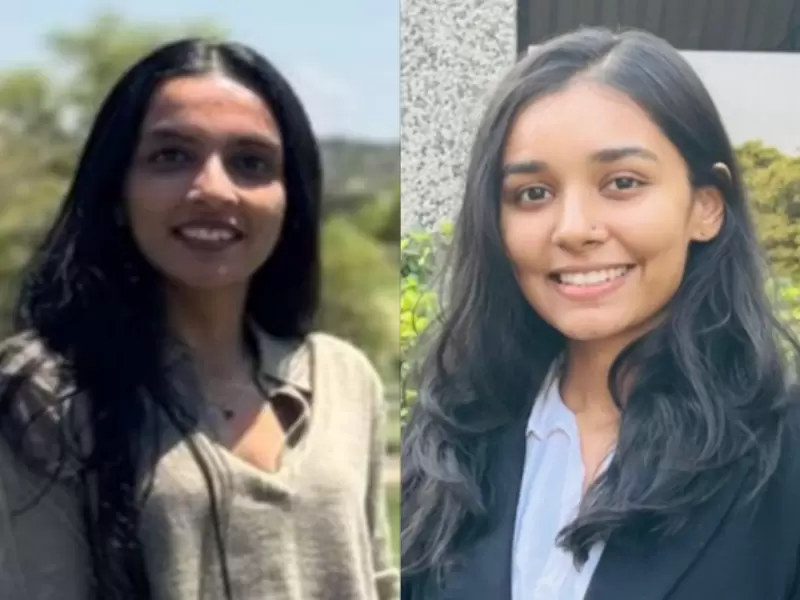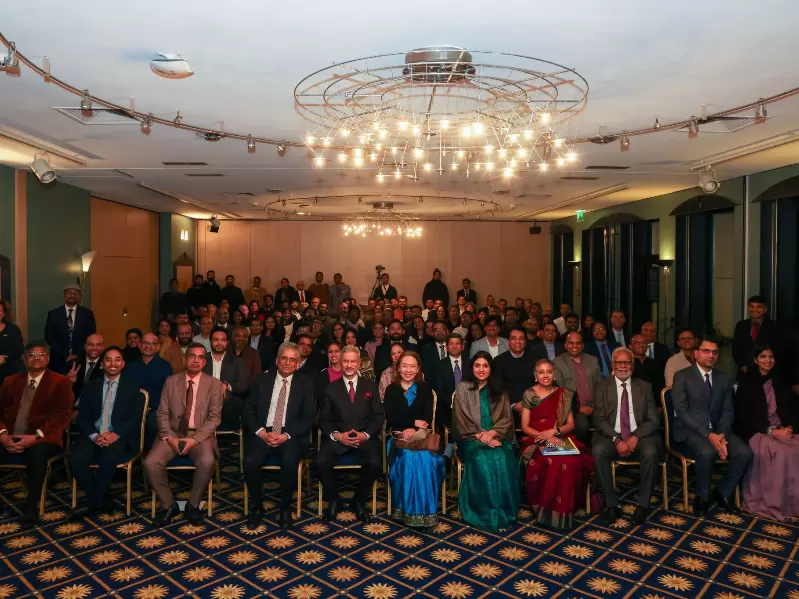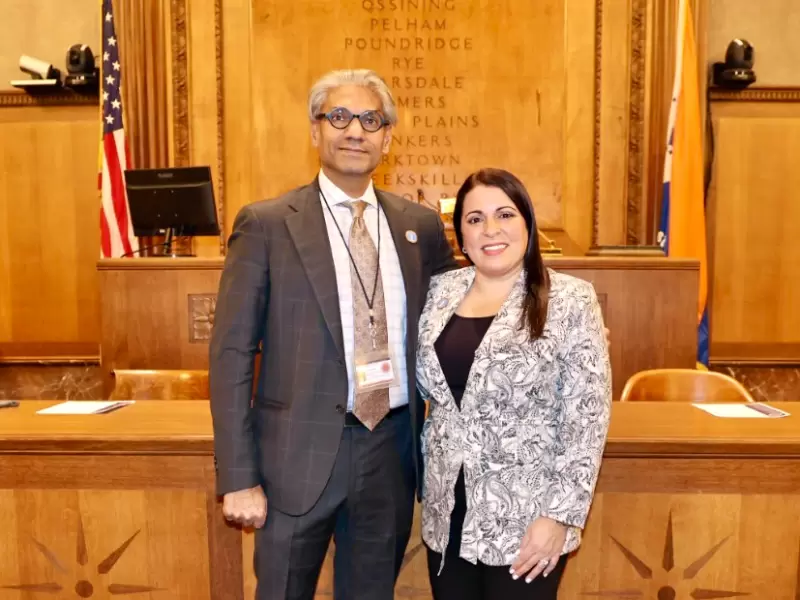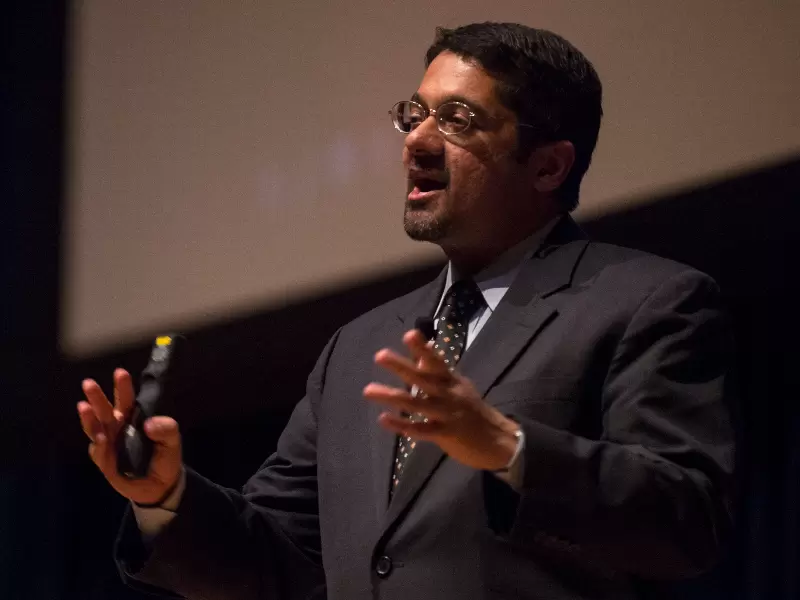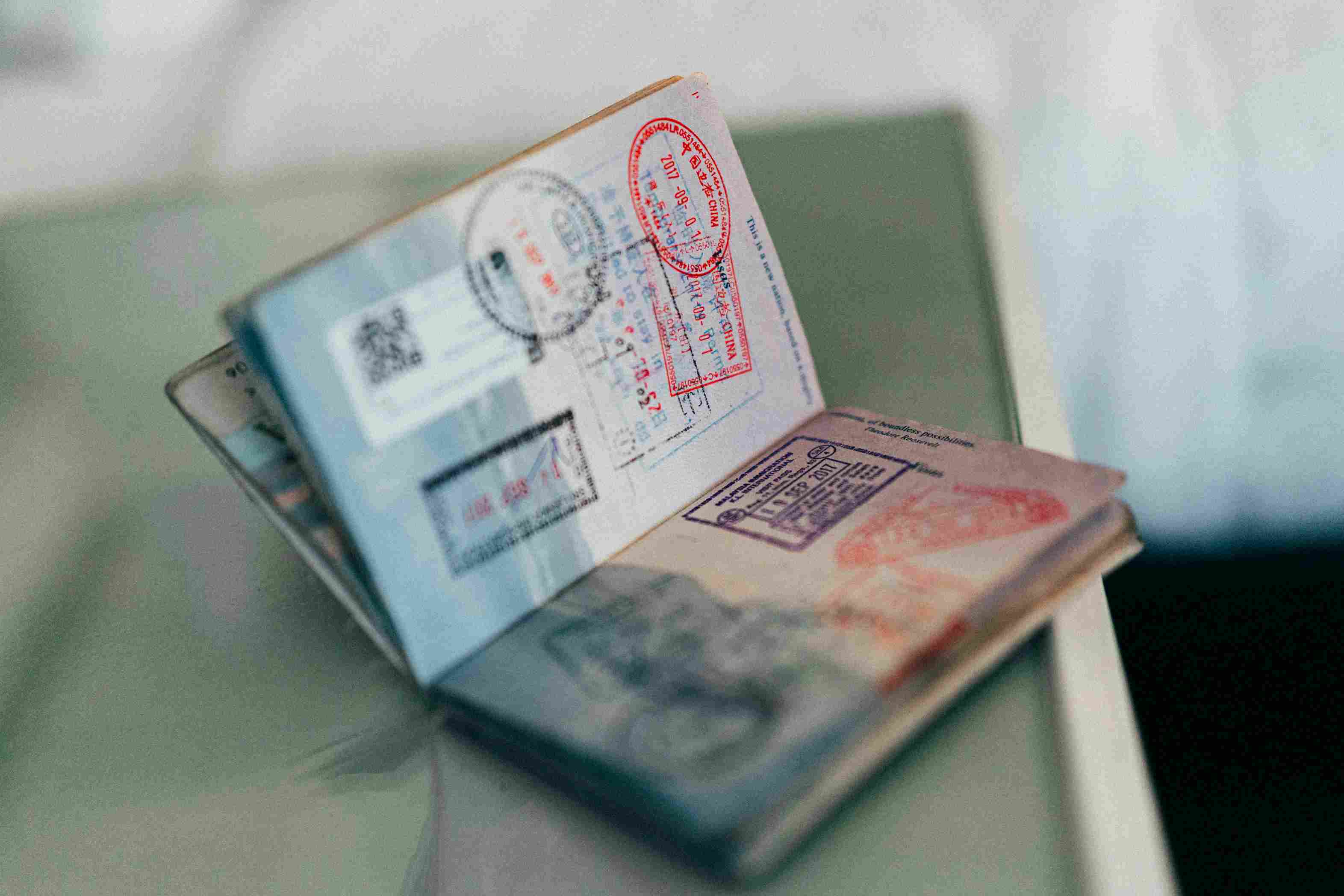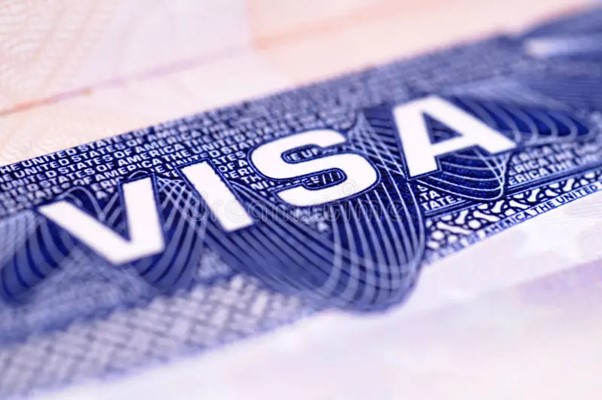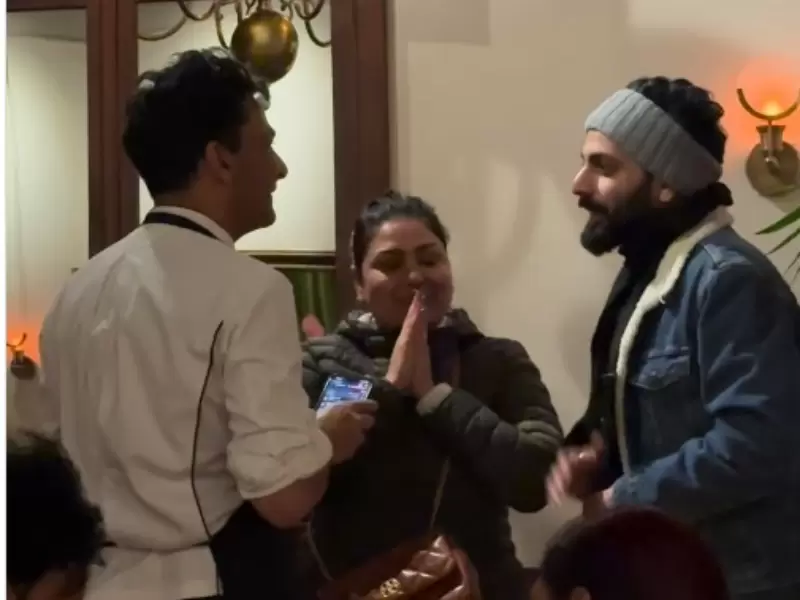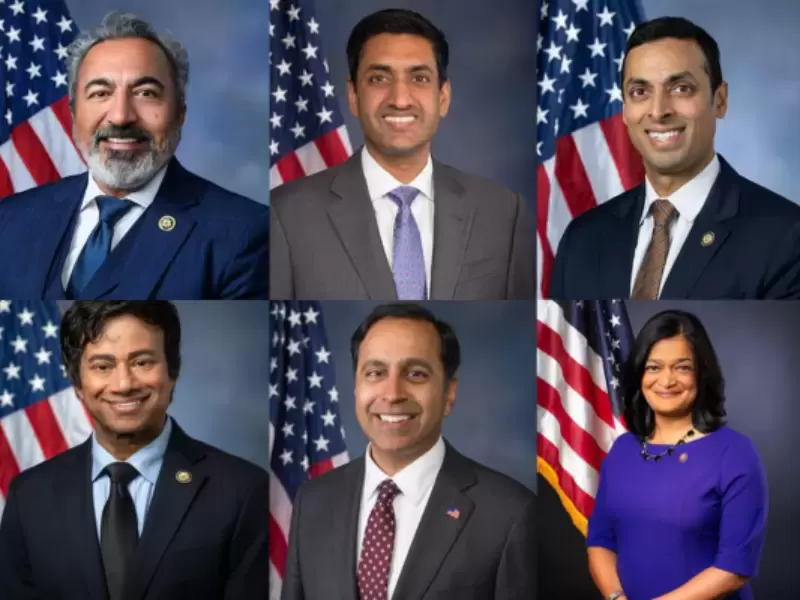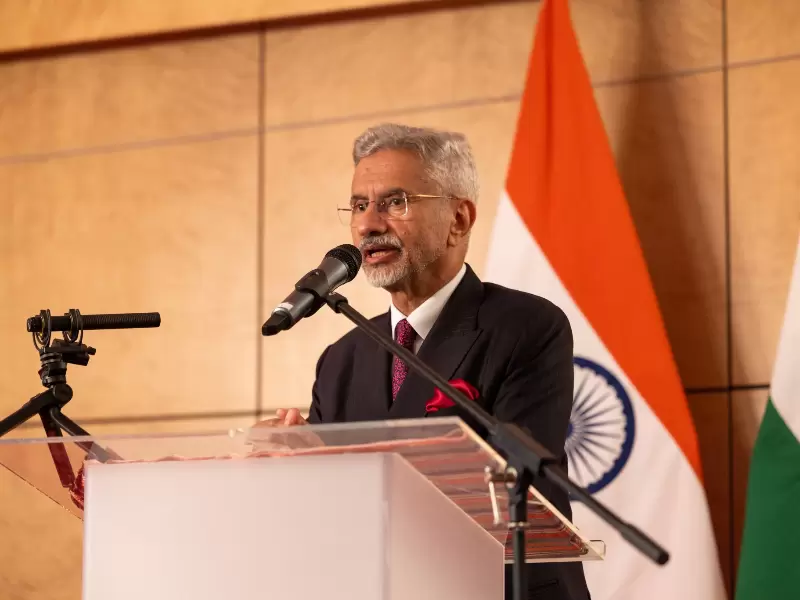ADVERTISEMENT
POP
See MoreCommunity
See MoreChicago's South Asian Community celebrated 2026 in Desi Style
This sold-out event included families, friends, and revelers from Chicago's South Asian diaspora.
-
The event exceeded its fundraising goal, raising more than $7,000.
-
Pravasi Samwad looks to establish itself as a credible and unifying voice for the Indian diaspora all across the globe.
-
The record-setting meditation was held on Dec. 21 and streamed live on the official Heartfulness YouTube channel.
ADVERTISEMENT
Videos
View AllOpinion
See MorePeople
See MoreWestchester County Board appoints Anant Nambiar
Anant Nambiar will represent District 7, covering Larchmont, Mamaroneck, Rye, and parts of Harrison.
-
In her podcast, Choudhari shares success stories, ranging from new immigrants to established leaders.
-
He was appointed as a board member alongside Scott Andrews, Travis Byers, and Kerry McCarthy.
-
The filings, which list contributors of $100,000 or more, show Jadeja reported a $5 million contribution from California in November...
ADVERTISEMENT
Entertainment
See More-
Makers say the Ranveer Singh–led film has crossed $91 million in India, setting a new single-language box office record.
-
The series spent two weeks on Netflix’s Global Top 10 Non-English TV Shows list and reached the No. 1 position...
-
The year promises new seasons of many of Netflix hits...
-
The film also features M. S. Baaskar, Bhavani Sre, Brigida...
-
ADVERTISEMENT
Immigration
See More-
Zakaria argues that Indian students' immigration to the U.S. has seen a 50 percent decline.
-
He noted that family toxicity and societal pressure he faces in India are making the decision harder.
-
The model minority myth endures because it is institutionally convenient...
-
For January 2026, USCIS has decided to continue to use...
Food
See More-
An Indian origin woman living in Canada shared her experience at the celebrity chef's New York restaurant, Bunglow.
-
Instagram content creator Anushk Sharma shared a heartfelt review of the Michelin starred Indian restaurant in Chicago.
-
The menu draws from Lucknow’s narrow lanes, Delhi’s Mughal-era durbars, Hyderabad’s Nizami kitchens and the coastal food cultures of Tamil...
-
The new Newark Avenue outlet expands South Indian dining options...
-
Chef came to Dallas on a very short visit over...
-
The fast-casual Indian chain expands with a growing U.S. footprint...
-
The rebranded restaurant features team-themed visuals and a stadium-style atmosphere...
-
Attendees will receive a tour of the kitchen, observe operational...
SPORTS NEWS
See MoreBorn in Madison, Wisconsin, Rao moved to India as a...
The NCL GT20 Canada is scheduled to return from July...
Team Canada will play in the T20 World Cup to...
The decision reportedly followed concerns over violence against members of...
News
See More-
ADVERTISEMENT
Please enter something
- Asian Americans
- Biz
- Books
- Canada
- Community
- Culture
- Dating
- Diplomacy
- Diwali
- Editor picks
- Editorial
- Explainers
- Fashion
- Features
- Food
- Immigration
- India
- India Decides '24
- India Independence Day
- Letters to the Editor
- Life
- Maha Kumbh
- Movies+
- News
- Opinion
- People
- Ram Mandir
- Reviews
- Sports
- Spotlight
- Tech
- Travel n’ Diplomacy
- Trump 2.0
- UK Votes 2024
- US Elections 2024
- USA
- West Coast





